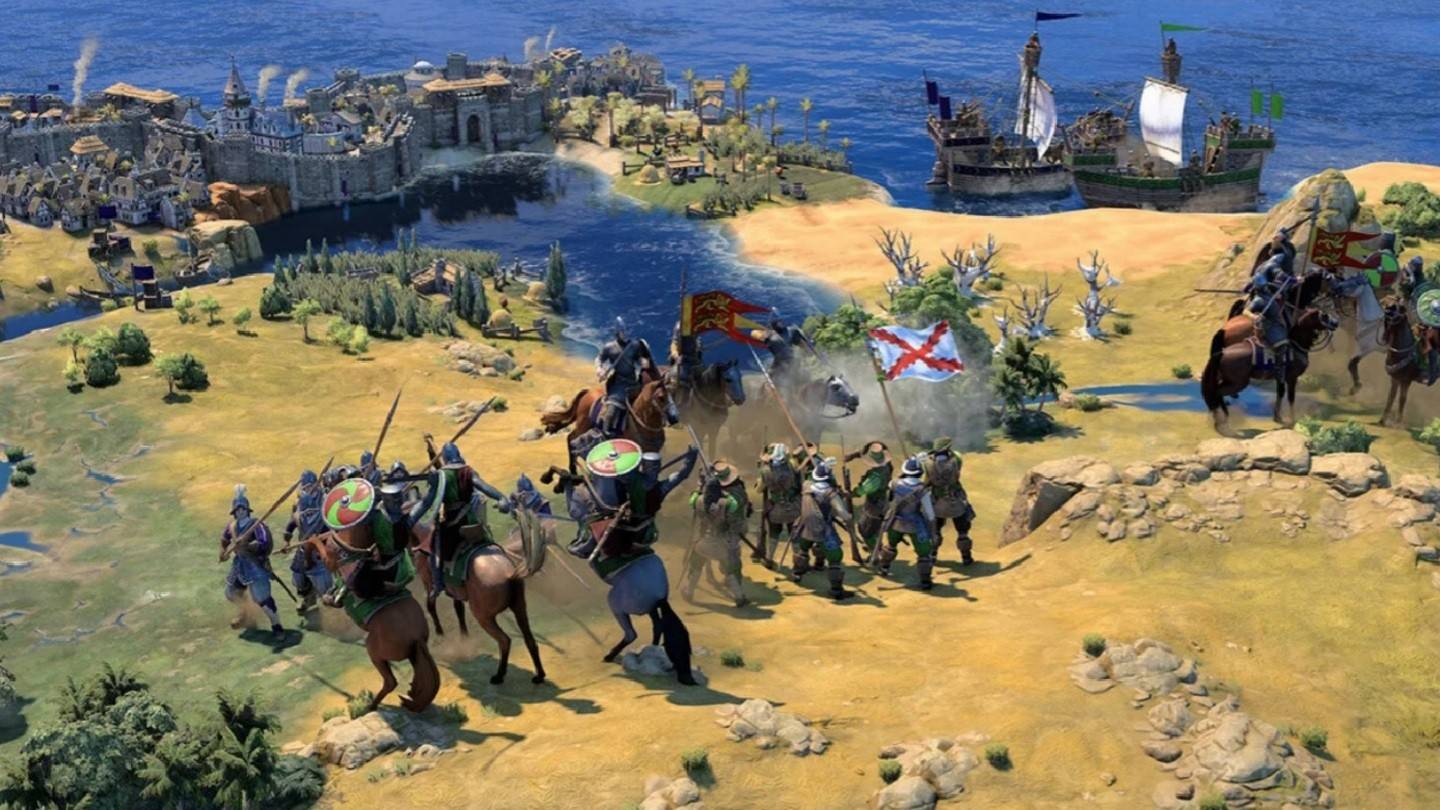
Sid Meier's Civilization VII initially faced criticism due to substantial gameplay alterations showcased in early demonstrations. However, final journalist previews suggest these changes create a remarkably deep and engaging experience that will satisfy strategy game enthusiasts.
Civilization VII revolutionizes the series' established gameplay by integrating numerous mechanics. For instance, leader selection now incorporates a system rewarding frequently chosen rulers with unique bonuses. The game's structure, featuring distinct eras like Antiquity and Modernity, offers the sensation of playing separate games within each period.
Key Features:
- The game introduces numerous innovative mechanics to the franchise. Selecting leaders independently from civilizations adds significant strategic depth.
- Three distinct eras are available: Antiquity, Medieval, and Modern. Transitioning between eras feels akin to starting a new game.
- Players can swiftly adapt their civilization's trajectory, providing greater gameplay flexibility.
- The traditional laborer unit is absent; cities now expand autonomously.
- Leaders possess unique perks that unlock progressively through gameplay.
- Diplomacy operates as a strategic resource. Influence points facilitate treaty negotiations, alliance formation, and the denouncement of rival leaders.
- The AI remains a point of concern, prompting recommendations for cooperative play.
- Many consider Civilization VII the most daring reimagining of the classic Civilization formula.















